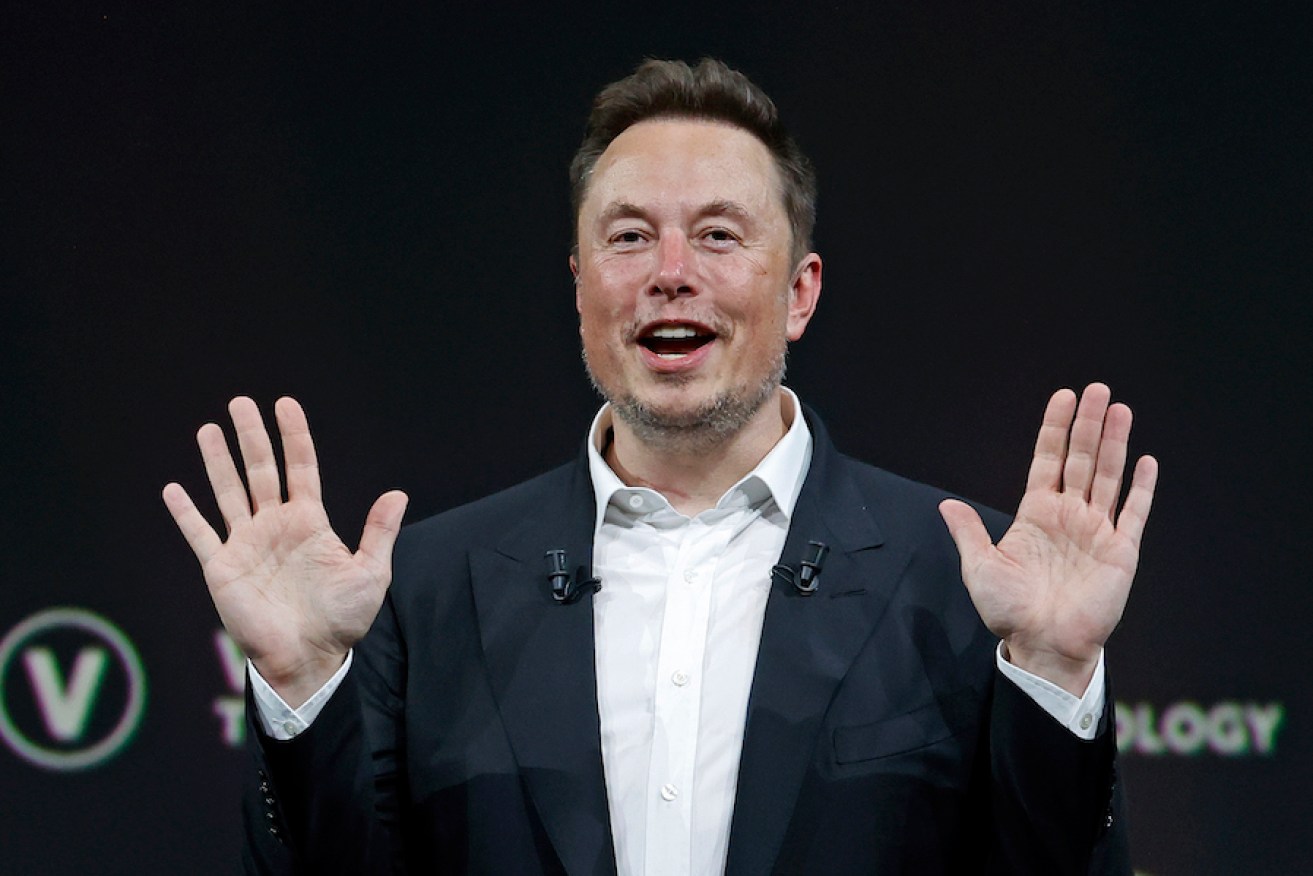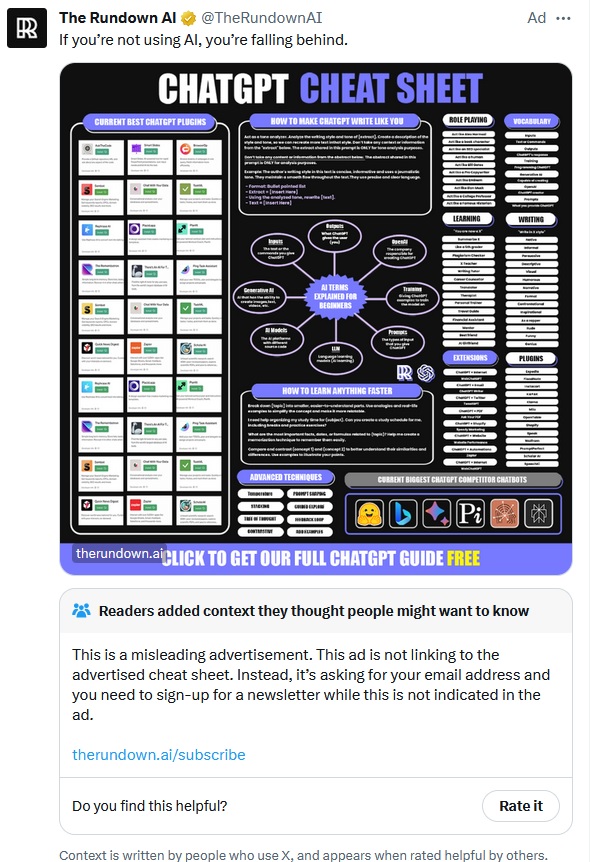Major advertisers flee Elon Musk’s X, leaving deceptive content to fill the void


"Initial results show promising neuron spike detection," Elon Musk says of Neuralink's transplant. Photo: Getty
X is willingly advertising deceptive and fraudulent content, as Elon Musk’s vision of the internet causes over $100 million worth of advertisers to flee the platform.
Musk launched a “thermonuclear” lawsuit last week against Media Matters, after the American not-for-profit media watchdog’s report showing advertising from major companies being displayed next to antisemitic material led to a mass exodus from the platform.
Fox Sports, Ubisoft, Axios, Apple and Disney have all paused advertising on the platform, leading to Musk to accuse Media Matters of “engineering” the material in the report, which included major advertisers having content shared alongside pro-Hitler accounts, white nationalist groups, anti-LGBTQ content and antisemitic conspiracy theories.
When putting the method used in the report by Media Matters to the test, it cannot be recreated because it appears that every major advertiser has now fled the platform.

Users on X are labelling advertising as misleading and fraudulent. Picture: X
Community Notes, introduced by Musk, even labels some of the advertising as misleading, raising the question of why the material is allowed on the platform in the first place.
Companies advertising on X include Karma Shopping, Zoxdoly, Bleacher Breaker and other companies and organisations without major public profiles compared to those that fled the platform.
Another source of advertising dollars is from drop shippers who buy items from AliExpress or other online stores to sell at a considerable markup.
Huge losses
Global digital advertising revenue is worth over a trillion dollars (AUD) each year, but advertising on Musk’s X has dropped by at least 55 per cent year-on-year since he took over in November 2022.
Twitter made more than $7 billion from advertising in 2022, the bulk of its revenue, but that is set to fall to around $4.5 billion for the 2023-24 financial year.
Advertisers were already becoming wary of the platform when accounts banned for a myriad of reasons, ranging from racism to inciting violence, were unsuspended by Musk, but his endorsement of an antisemitic conspiracy theory and the Media Matters report created a public relations nightmare for any company looking to stay on the platform.
After buying Twitter for $44 billion (USD) and moulding it into X, Musk has now seen the value of the platform fall to around $20 billion, and it could fall even further.
A report from The New York Times has valued the advertising lost on Twitter in the last week to be worth around $75 million (USD) by the end of this year.
Musk, a self-styled freedom of speech absolutist, may refer to Media Matter’s reporting as fraudulent and malicious, but his platform openly allows misleading advertising and antisemitic content to be proliferated.
Tweet from @lindayaX
Rising antisemitism
While finding any advertising from a reputable source on X proved impossible, there was no shortage of antisemitic and racist posts on the platform.
Tweets about Jewish people celebrating a stabbing in Ireland because the perpetrator was Muslim and Holocaust denial receive thousands of likes and retweets, while Musk promotes Twitter endorsing a conspiracy theory that Jewish people are encouraging the immigration of non-white people to Western countries.
Musk’s takeover of Twitter has also led to the proliferation of an increased amount of disinformation on the platform after he disassembled the trust and safety team, but the platform may be profiting from it.
New research from the Hanken School of Economics has found that platforms like X can benefit from disinformation, but it is also “a likely and predictable outcome” instead of an unforeseen consequence.
Content evoking an emotional reaction is more likely to go viral, resulting in more engagement from users even if the content isn’t factual.
In the case of X, however, Musk appears to have pushed the envelope too far, as advertisers aren’t willing to risk the associated backlash.








